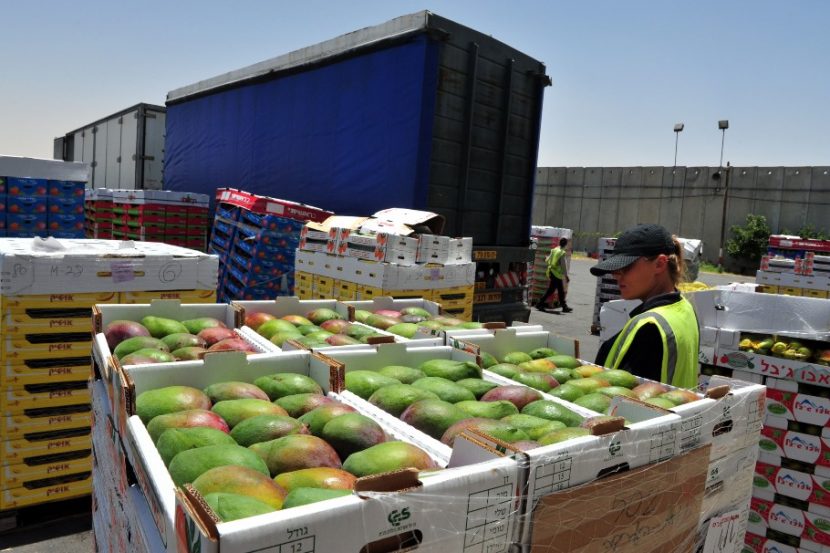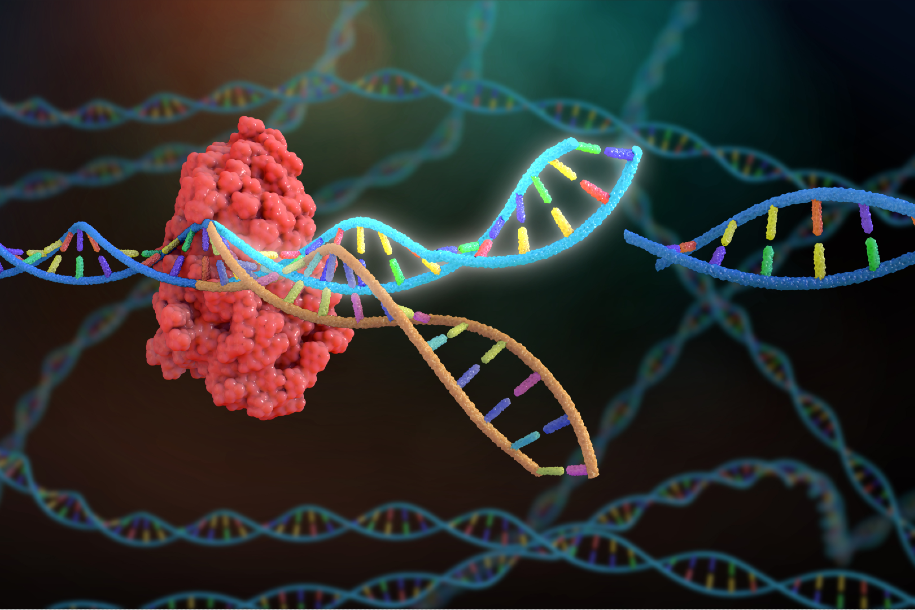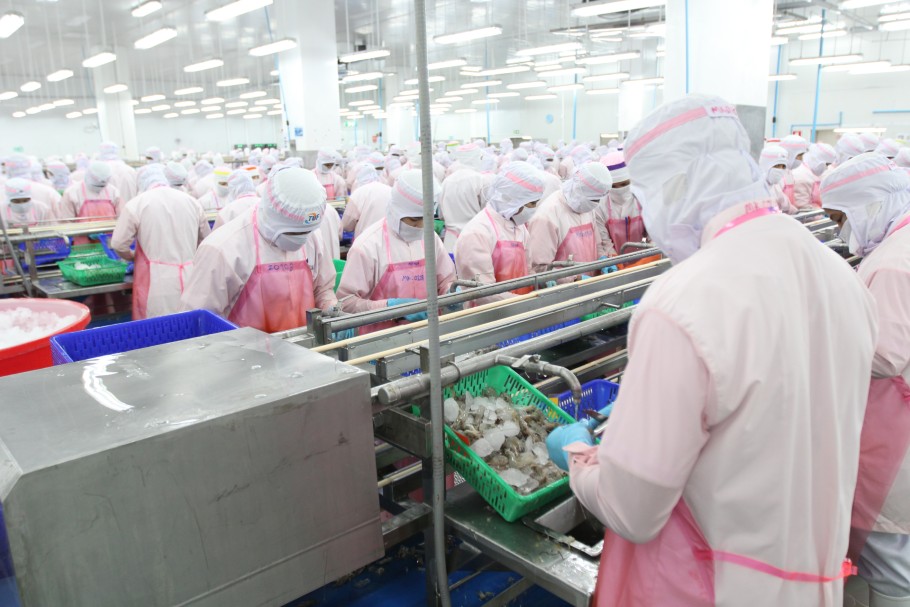Trending: Less Recalls in 2020 but Increases in Food Fraud Predicted Ahead
By Giannis Stoitis
As we look back on a challenging year for the food industry, we have observed that food recalls and border rejections have declined by 33% in 2020 compared to the same period in 2019. This estimation is based on the number of issues reported by National Authorities all around the world.
The lowest number of recalls were reported from March until June of 2020, which aligns with the first lockdown period for many countries. During the last two months, October and November 2020, the number of recalls increased by 30% and is returning to the same levels as 2019.
Although there were some incidents reported in news of COVID-19 identified in packages of frozen meat, there are no food recalls officially linked to COVID-19 reported by Authorities.
Fraud issues during pandemic
Considering fraud cases reported during the pandemic, we observe that cases of reported fraud have declined by 20% compared to 2019. However, during the last few months there have been an increasing number of fraud cases, mainly being linked to the use of unauthorized ingredients in foods.
According to the last OPSON report 2020 launched in July by Interpol and Europop, which spanned from December 2019 to June 2020, more than 40 million pieces of fake food and drink were seized, 19 organized crime groups were dismantled in connection and over 400 arrests made.
But what has caused this reduction in officially reported food safety and fraud issues during the COVID-19 period? Let’s analyze some of the factors linked to the pandemic and how each could have an impact on the number of recalls that were reported.
Industry focus on managing the COVID situation
The food industry has focused on managing COVID-19 and on maintaining business continuity, rather than confirming that suppliers were delivering genuine and authentic food. Less control in the supply chain means less identified issues that may lead to a recall.
Public sector focused on providing guidelines for industry and consumers
National Authorities are leading the control activities for food safety and fraud issues. During the pandemic, Authorities focused very much on providing the correct guidelines to industry on how to manage the COVID situation. They published several guides for the industry and created material to inform consumers on how COVID may or not affect the food supply chain. In addition to that, remote working caused difficulties in the operation of laboratories that are testing foods.
Less inspections and audits due to travel restrictions
During the pandemic the most important tools for supplier verification, inspections and audits, are highly affected due to travel restrictions. On site audits and inspections help to uncover non-conformities and emerging risks in the supply chain that can result in new recalls being reported by authorities. Thus, the reduction of the audits has led to less recalls being reported.
Disrupted transport and logistics
As reported by the OECD, bottlenecks in transport and logistics have disrupted the movement of products along supply chains. Air freight transport has been heavily disrupted, commercial road transport and container shipments are well below normal due to COVID-19 restrictions such as limitations on crew changes, additional screening, mandatory quarantines, and reduced demand. This disruption has caused a reduction in controls that are performed during the import of foods and thus the refusals (rejections) that are identified by the Authorities.
Foodaki analysis of data
This shows how the pandemic affected the food supply chain at several levels and this is reflected in the number of recalls and border rejections reported. The data accumulated in recent months shows a return to more normal levels of recalls before the pandemic.
An increase in the number of fraud cases was expected, as the systems and organizations responsible for controlling, inspecting, auditing and testing foods in different regions have been highly affected and in some cases collapsed. In addition to that, food companies that are producing and processing foods are very busy trying to ensure business continuity rather than confirming their suppliers are all delivering genuine and authentic food.
There are also other factors that are expected to increase the risk of fraud within the next few months, such as:
● Increased demand for specific ingredients that are considered helpful for boosting the immune system.
● Reduced testing that may unlock fresh opportunities for those that want to upscale their operations by producing and delivering adulterated food
● Increased prices for specific ingredients due to affected production and high demand
Food companies need to take these trends into account when designing their risk assessment approach. Investing in new technologies that allow for the early identification and prediction of critical events in the food supply chain may help companies prevent food safety and food fraud incidents.
About the Author:
Dr. Giannis Stoitsis is the Head of Product and a business partner of Agroknow. He has more than 10 years’ experience in data-powered agri-food solutions and services. He is an expert in developing and delivering advanced technologies for aggregating, managing, analyzing, discovering and visualizing data to support decision making related to the food safety sector. He has served in various operational positions in Agroknow, such as the CTO and COO, launching several data services for organizations and companies in the food sector.

-
 FeaturedRisk management
The Cost of a Breach: What a Cyberattack Could Mean for Food Safety Recalls
FeaturedRisk management
The Cost of a Breach: What a Cyberattack Could Mean for Food Safety Recalls
-
 FeaturedRisk management
Securing the Food Chain: How ISO/IEC 27001 Strengthens Cybersecurity
FeaturedRisk management
Securing the Food Chain: How ISO/IEC 27001 Strengthens Cybersecurity
-
 FeaturedRisk management
Revolutionizing Food Safety Training: Breaking Out of the “Check-the-Box” Mentality
FeaturedRisk management
Revolutionizing Food Safety Training: Breaking Out of the “Check-the-Box” Mentality
-
 GFSI Standards
GFSI 2025: Building Trust, Tech-Forward Solutions, and Global Unity in Food Safety
GFSI Standards
GFSI 2025: Building Trust, Tech-Forward Solutions, and Global Unity in Food Safety
-
 FeaturedFood Safety
Integrated Pest Management: Strategies to Protect Your Brand’s Reputation
FeaturedFood Safety
Integrated Pest Management: Strategies to Protect Your Brand’s Reputation
-
 FeaturedFood Safety Culture & Training
No Open Door Policy: Challenges That Impact Pest Control in Food Processing Plants
FeaturedFood Safety Culture & Training
No Open Door Policy: Challenges That Impact Pest Control in Food Processing Plants




